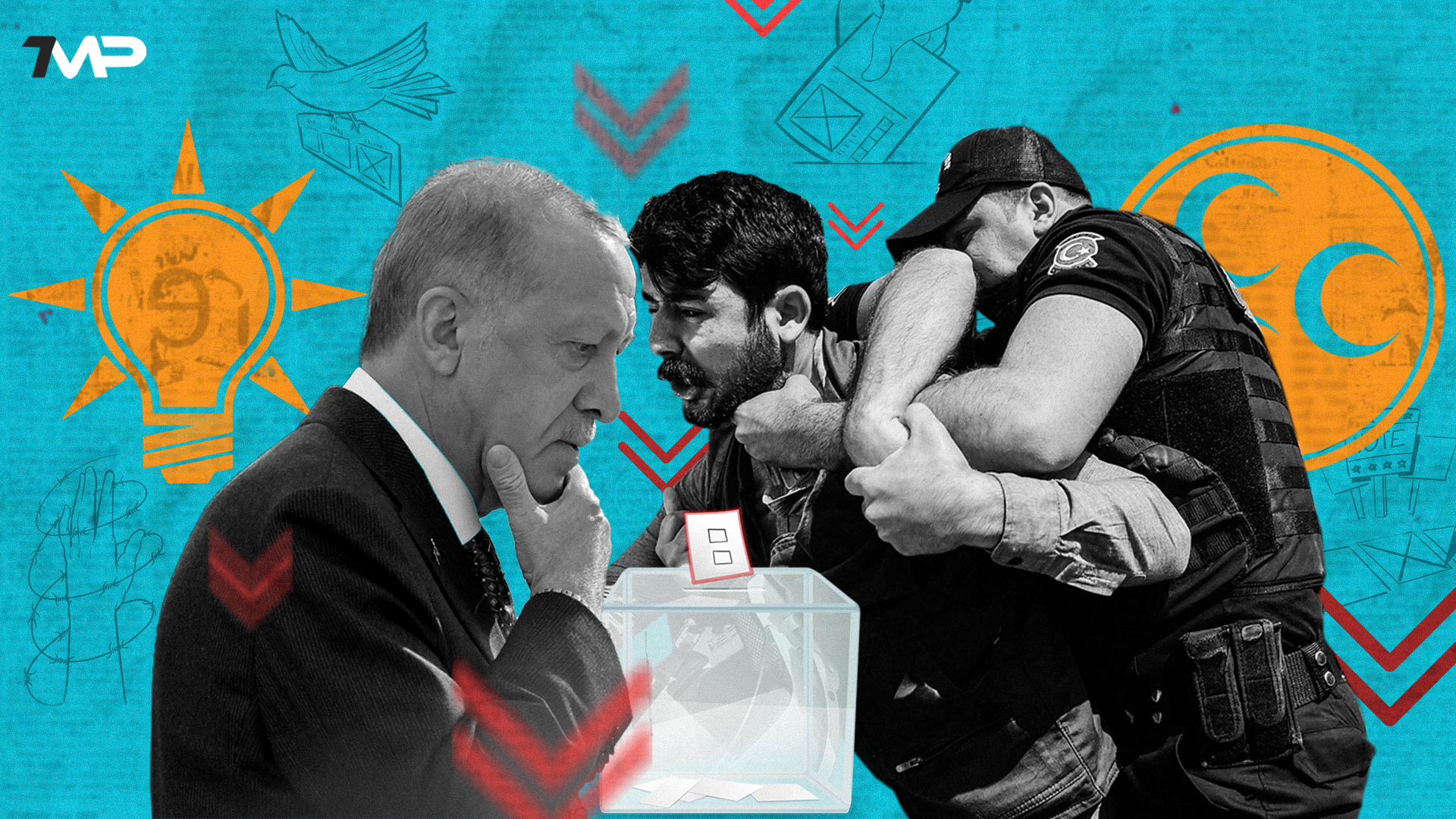As the Opposition continues its lead over Erdogan what could happen if the AKP-MHP regime were to lose?

The outcome of a presidential election in Turkey, like any other democratic election, is uncertain and can have significant implications for the country’s political and economic future. If President Recep Tayyip Erdogan loses the presidential election in Turkey, several things could happen:
Power transfer: If Erdogan accepts the election results and peacefully transfers power to the newly elected president, Turkey will continue to operate as a democratic country.
Protests: Erdogan has a significant support base in Turkey, and his supporters could potentially take to the streets to protest the election results, leading to political instability and potential violence.
Political Opposition: The political opposition in Turkey, which has been suppressed by Erdogan’s government, may gain power, leading to significant changes in the country’s political landscape.
Economic impact: A change in leadership could also have an impact on Turkey’s economy, which has been struggling in recent years. Investors may be more willing to invest in the country if there is a change in leadership, leading to economic growth.
Foreign Relations: Turkey’s foreign relations with other countries could also be impacted by a change in leadership. Erdogan’s foreign policy has been criticized by some countries, and a new leader may take a different approach to foreign relations.
If President Erdogan refuses to accept a peaceful transfer of power to a newly elected president from the Republican People’s Party (CHP)-led opposition, several things could happen:
Political instability: Erdogan’s refusal to transfer power could lead to political instability in Turkey. This could cause protests, civil unrest, and potential violence.
International pressure: Turkey’s refusal to transfer power peacefully would likely draw international attention and condemnation. The international community may place economic and political sanctions on Turkey, which could further harm the country’s economy.
Military intervention: The Turkish military has a history of intervening in politics when there is political instability. If Erdogan refuses to transfer power peacefully, the military may decide to intervene to restore order.
Constitutional crisis: Erdogan’s refusal to transfer power could lead to a constitutional crisis. The Turkish constitution provides for a peaceful transfer of power, and Erdogan’s actions could be seen as a violation of the country’s constitution.
Coup: A refusal by Erdogan to accept a peaceful transfer of power could also trigger a coup attempt by members of the military or other political actors who are opposed to his leadership.
It’s important to note that a peaceful transfer of power is a fundamental principle of democratic governance, and any attempt to disrupt this process could have serious consequences for Turkey’s political stability and democratic institutions.
If Turkey were to experience a political crisis stemming from Erdogan’s refusal to accept a peaceful transfer of power, it is difficult to predict exactly what would happen to Turkey’s Kurds. However, there are several possible scenarios:
If the CHP-led opposition were to win a presidential election in Turkey, but Erdogan loyalists remain in key government positions and form a deep state, it could pose significant challenges to the effective assumption of power by the opposition. In such a scenario, the opposition would face several potential obstacles:
Lack of control: The opposition may lack control over key government agencies, including the military, intelligence agencies, and the judiciary. These agencies could work against the opposition, making it difficult to govern effectively.
Obstructionism: Erdogan loyalists could engage in obstructionist tactics, making it difficult for the opposition to pass legislation or implement policies.
Propaganda: Erdogan loyalists could use their control of media outlets to spread propaganda and discredit the opposition, making it difficult to build support for their policies.
Political instability: The deep state could also create political instability, making it difficult for the opposition to govern effectively.
However, it’s important to note that the effectiveness of the deep state in obstructing a CHP-led opposition government would depend on several factors, including the degree of loyalty of officials to Erdogan and the opposition’s ability to build alliances with other political actors and civil society groups. It’s also important to note that the existence of a deep state and obstructionist tactics by political opponents are challenges that are not unique to Turkey and have been faced by other democratic countries as well. The opposition would need to take steps to address these challenges and work towards building a more inclusive and democratic system in Turkey.
Increased repression: Erdogan’s government has a history of suppressing political dissent, and a political crisis could lead to increased repression of not only opposition groups but also the country’s Kurdish minority.
Violence: If there is civil unrest or violence in the wake of a political crisis, Kurds could be targeted by both government forces and non-state actors.
Regional impact: A political crisis in Turkey could also have implications for Kurdish populations in neighboring countries, such as Syria, Iraq, and Iran.
Calls for independence: The political crisis could lead to renewed calls for Kurdish independence, which could further exacerbate tensions between the Kurdish minority and the Turkish government.
It is important to note that any scenario involving increased repression or violence against the Kurdish minority in Turkey would be unacceptable and should be condemned by the international community. Any political crisis should be resolved peacefully and with respect for the rights of all citizens, including the Kurdish minority.
